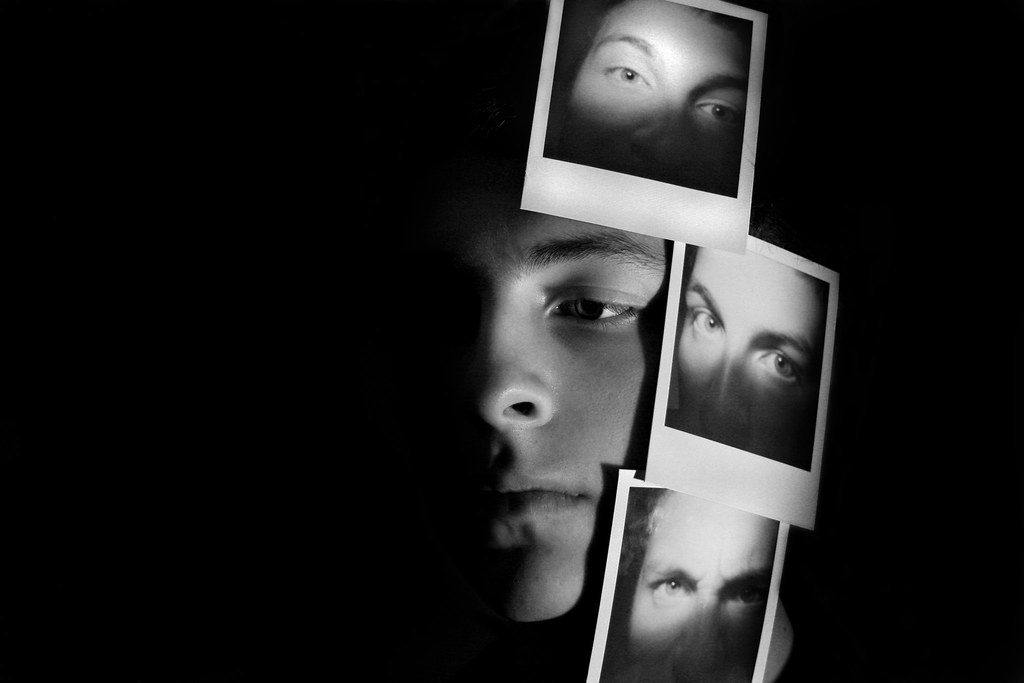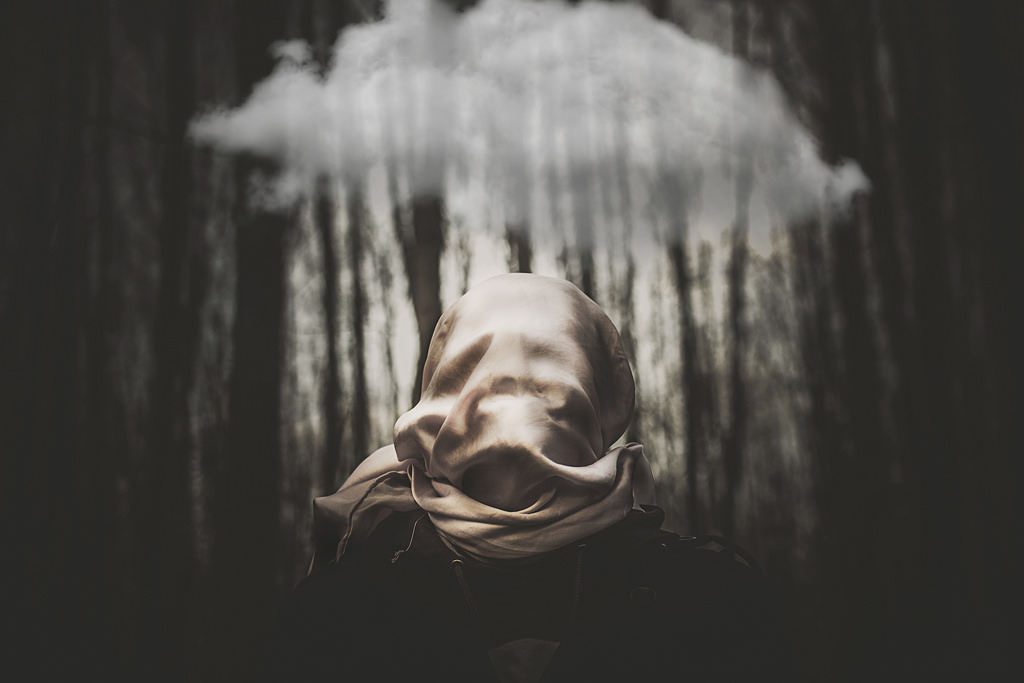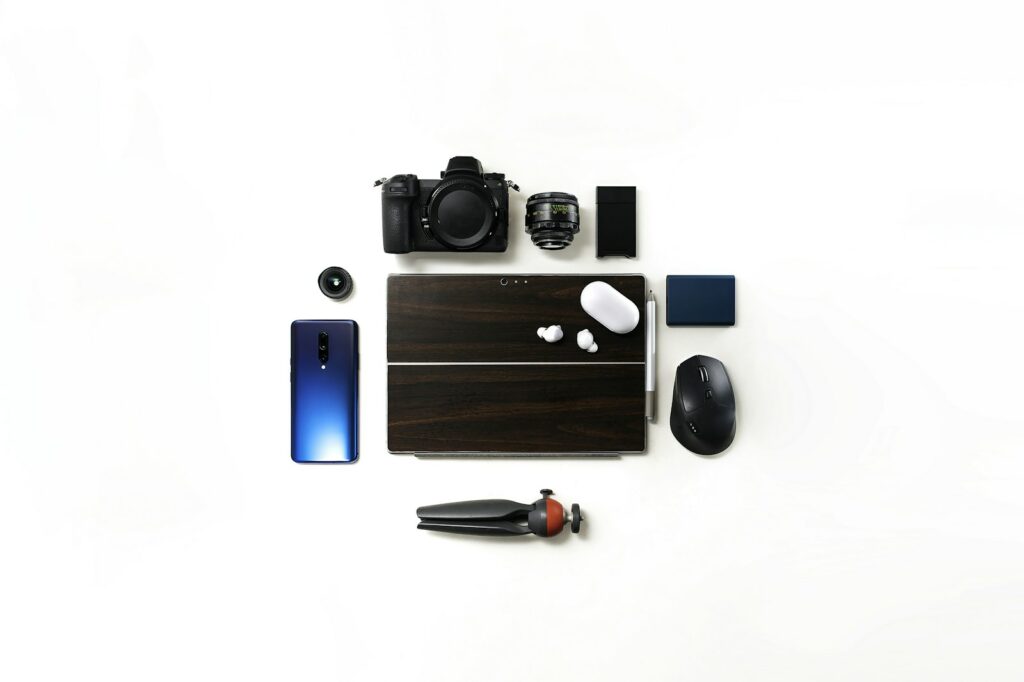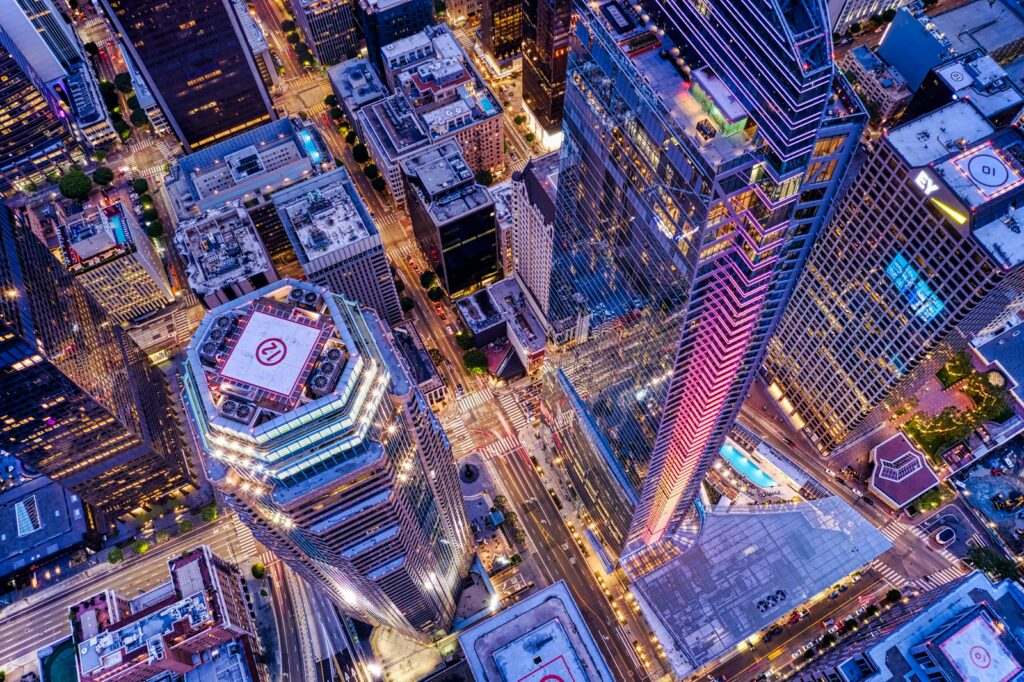Our emotions are the crucial part of our personality. Obviously, our emotions affect everything we do, from regular daily activities to our jobs in specific fields of expertise. But how are they reflected in photography? They can’t really change the light or the subject we are photographing, can they?
Think again.
 Photo by Ryan.Berry
Photo by Ryan.Berry
You have likely noticed that the emotions of people in close proximity tend to synchronize. Happy people can cheer up sad people, or sad people can sadden happy people, depending upon which emotion dominates the situation. This tendency can affect your photography work, but your can prevent that, if necessary.
However, there are some exceptions in which you can allow your emotions to dominate you and your work.
Expressing Yourself
When you are photographing with the intent of expressing yourself via photographs, then your emotions should shine through in the final result. The way you feel should be the same way the viewer feels when they look at the photo. You should translate your emotions and your present state of mind into a photograph, which then will be sensed by the viewers from what they see. This is by no means an easy task. What can you do to achieve the desired effect?

This can be achieved by modifying the light in order to alter the mood or by using a color palette that reflects certain emotions. You can even use a combination of both. What you photograph tells a story about your emotions as a photographer. For example, if you set up a model that will have to act as if she or he is sad, and set a dramatic and low key light, with green or blue tinted color palettes, the viewer would feel that. By contrast, set up a sad model in a bright orange light (like a sunset) and the viewer will be a bit confused because the bright warm colors and abundant light send a message contrary to the emotions the model is portraying.
Additionally, your emotions will dictate the communication between you and the model you are shooting. Be careful in this area because if the model starts to sense that you aren’t confident enough or that you aren’t happy in what you are currently doing, their performance and your relationship with the model will be affected.
Doing the Job
In the previous scenario, I discussed how emotions can powerfully control the final outcome of a photo shoot. Generally speaking, though, your emotions should not affect your work in most of your hired jobs. Your client has hired you just to complete a certain job, and they expect the highest quality regardless of your mood that day. In this instance, you will have to practice maintaining consistency, no matter what your feelings are. I’ve been at both ends of the emotion spectrum, and I always try to keep my composure in order to provide the services I’ve been hired for. I know it's not always easy, but with practice, you should be able to do this, too.
Oftentimes, it will be very hard to cope with the pressure of the job while taking pictures that won’t show that. If you are dedicated enough to your job, however, it is possible.
Remember: Clients always come first. You will have to provide them with the quality they expect, no matter the circumstances. Consistency pays out in the long run; when your portfolio is consistent, then clients will rely on you more as they will know exactly what they are getting. Nobody wants to take a chance on the people they hire. If your portfolio is adversely affected by emotion, it will reflect upon your work as inconsistent, and you risk ultimately damaging your business.
There are exceptions to this such as when you’re asked to incorporate your own feelings while photographing, but such occasions are few and far between.
Summary
Your emotions affect the way you think and perform, so they affect your photography, your pre-visualizing sense, the way you compose, and so forth. Your job is to extricate yourself from your emotions or dive into them as the situation calls for it. Depending on the scenario, you can be completely free in what you want to shoot, or you will have to be totally composed and do just what you are hired for. This might be a bit difficult to do in the beginning, but you will get used to it in time. When you aren’t on the job, feel free to express everything you feel through your photographs. This will make them worth more than a thousand words.
How difficult is it for you to emotionally detach from your work? Share your thoughts in the comment section below.





2 Comments
Thanks for writing this. I’m reflecting on aspects of my work ethic that I have not given much attention. This is important and I would not have been this aware without your insights. One of the reasons why I love shooting people is because it provides an escape from myself. I enjoy spending time perfecting faces. I allow myself to fall in love with someone’s Visage for countless hours while I have the image magnified. I find beauty in everything and everyone when I’m looking through the lens. I guess what I’m driving at is the fact that the camera forces me to find the good in the world, even in negative situations. The camera removes me from personal torments, naturally without effort. The beauty is demanding of the lens, where it is unlikely noticed without it. I hope that makes sense.
I photograph more when I am in that deep dark place in my head. Friends have commented that they can see my mood by just looking at my photographs. The worse I feel, the darker and more morbid my photos are.
Thank you for recognizing that.